Rishi Sunak will reportedly make a speech later this week watering down some of the targets the government has set itself on achieving net zero carbon emissions by 2050, although that target itself will not be touched).
The proposed ban on new petrol and diesel cars will be put back by five years to 2035, which would bring Britain in line with the EU. The ban on new oil-fired boilers will be put back from 2026 to 2035, thus relieving the Conservatives of the prospect of mass grumbling in one of their natural constituencies, rural areas. Even in 2035, it seems, the target will be to reduce installations only by 80 per cent, in recognition than many homes are difficult to bring up to the insulation standards required for heat pumps to work effectively. The same principle will apparently be applied to gas boilers, new installations of which were previously on line to be banned entirely from 2035.
Tory MP Chris Skidmore, who piloted the net zero target through the Commons in 2019, is outraged
In addition, the Prime Minister is expected to announce that there will be no new taxes to discourage flying, and that recycling schemes involving multiple bins and other receptacles will fall out of favour. Requirements for rented houses to achieve standards on Energy Performance Certificate Ratings will also be relaxed – landlords had been threatened with large fines if they failed to comply.
Tory MP Chris Skidmore, who piloted the net zero target through the Commons in 2019, is outraged. He told the BBC that Sunak’s watering down of commitments will ‘cost the UK jobs, inward investment and future economic growth that could have been ours by committing to the industries of the future’.
Sceptics might respond by asking: where are all the ‘green jobs’ that we were promised when the Climate Change Act was first passed in 2008 – and again when the net zero target was set in 2019? ONS figures show insipid growth in jobs in the ‘low carbon economy’ since 2015. As many people have noted, Britain for example has become a world leader in the installation of offshore wind turbines, yet that hasn’t brought huge numbers of jobs to Britain – most of the kit is made elsewhere, especially in China where the cost of energy (thanks, in part, to the lack of a legally-binding net zero target) is much lower.
What is plain, however, is that as things currently stand, the costs of net zero will fall disproportionately upon the less well off – such as people who have stretched every last sinew to afford the mortgage on a drafty 19th century home and who have been threatened with a bill for £20,000 or more to improve insulation and fit a heat pump. Or motorists at the lower end of income scale who are already finding cars they can afford, such as the Ford Fiesta, withdrawn from the market as manufacturers scramble to electrify their ranges.
If Sunak can provide some reassurance to such voters, he may have a chance of retaining some former ‘red wall’ seats. But there is a big hole in his plans. If, as he is expected to say, he remains committed to his target for net zero by 2050, how does he expect to get there, given than he is apparently ditching many of the targets along the way? It might well be the right thing, for example, to water down targets on electric cars and heat pumps, but the truth is that even those aims were unlikely to be even nearly enough to eliminate net carbon emissions by 2050. Without them, the 2050 target becomes an even larger pie in the sky.
In an apparent dig at Boris Johnson, Sunak is expected to say that previous governments have ‘taken the easy way out’ on net zero, ‘saying we can have it all’. It is certainly true that Johnson’s assertion we could reach net zero and enrich ourselves at the same time, with no negative effect on our living standards’, was his most blatant example of ‘cakeism’. But so long as he sticks to the 2050 target, while watering down the means by which we were supposed to get there, Sunak will not be any closer to reality.
Got something to add? Join the discussion and comment below.
Get 10 issues for just $10
Subscribe to The Spectator Australia today for the next 10 magazine issues, plus full online access, for just $10.


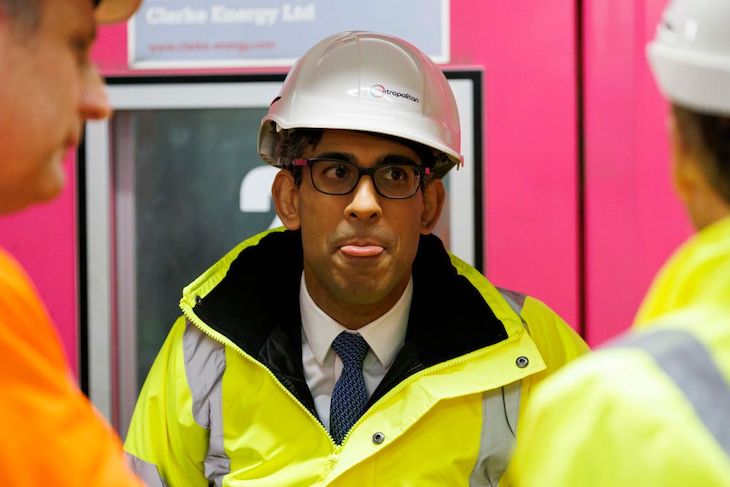

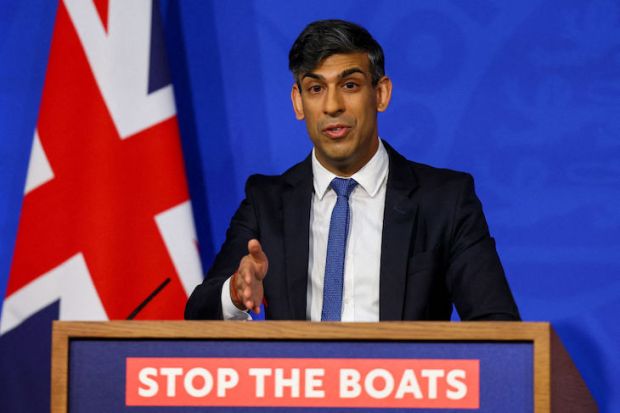
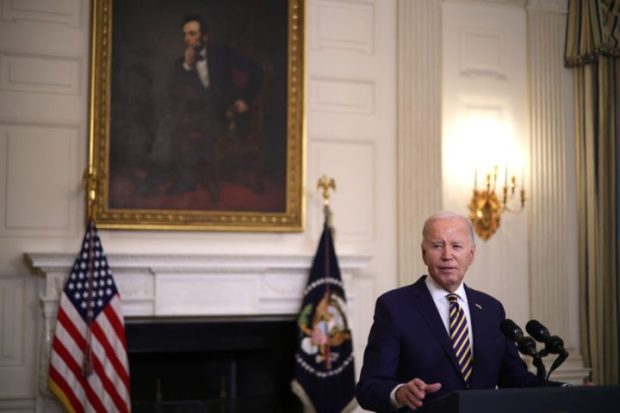
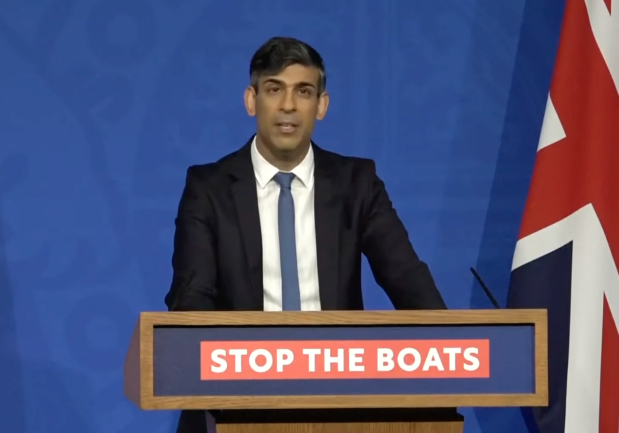
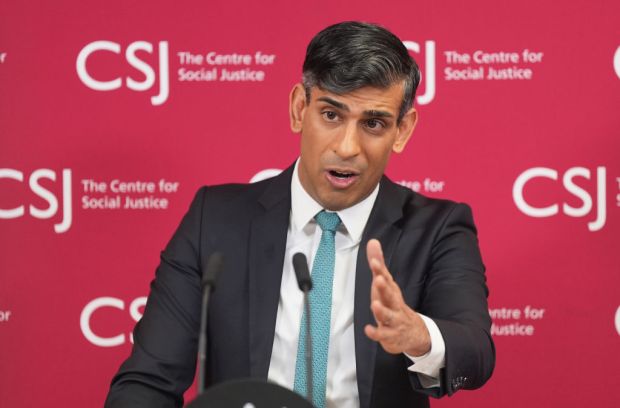
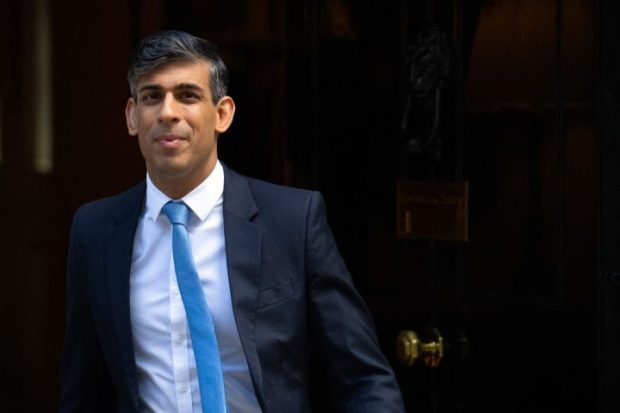












Comments
Don't miss out
Join the conversation with other Spectator Australia readers. Subscribe to leave a comment.
SUBSCRIBEAlready a subscriber? Log in